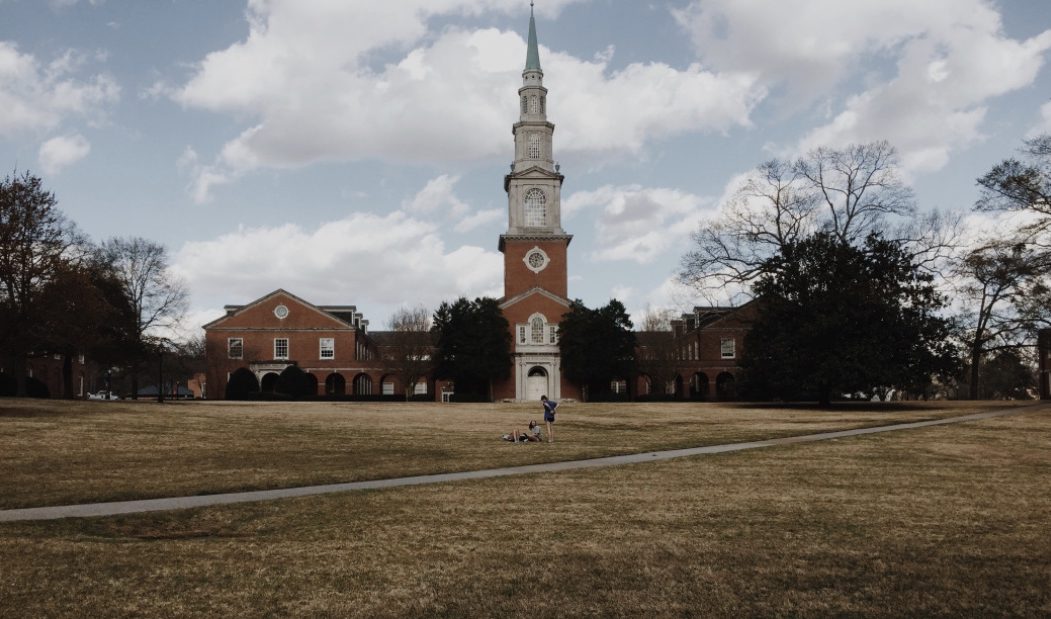“Police in this tiny Alabama town suck drivers into legal ‘black hole’.”
This is the title of an article that ran on AL.com on Jan 19, 2022. Written by John Archibald, edited by Ashley Remkus and Challen Stephens and supported by data reporter Ramsey Archibald, this story revealed the predatory tactics employed by members of the police department in Brookside, Ala. Months of research showed that the number of speeding tickets written in this small town increased by 640 percent between 2018 and 2020. The ensuing traffic enforcement fines and vehicle seizures comprised half of the city’s income and threw the poorest members of the community into debt.
Not only did the article spark sweeping changes in the Brookside police department, this story also resulted in several new state laws to prevent this kind of police behavior. The four journalists who broke this story won a Pulitzer Prize for Local Reporting because of their coverage.
On Sept. 12, the award-winning team of journalists came to Samford to share their experiences as a part of the Department of Communications Studies’ annual Robinson Forum.
According to John Archibald, their team stumbled upon the story while digging through a pile of audits, researching a separate article on the criminalization of poverty.
“I’ll never forget the day I went through all those audits and entered them into the spreadsheet. [The data] said that in two years, speeding fines increased 640 percent to the point that it was providing 40% of the town’s revenue,” J. Archibald said. “The hair on the back of my neck stood up.”
After stumbling upon this thread, the team began researching in earnest. Data journalist Ramsey Archibald lent his expertise to the investigation through hours spent combing through arrest reports, crunching the numbers and finding creative ways to acquire public records when the city of Brookwood was less than forthcoming.
“Data is just like another interview source. You’re interviewing the data and asking it questions and finding these truths,” R. Archibald said.
In addition to data points, the story needed people willing to share their stories. Initially, citizens were reluctant to come forward, but editor Ashley Remkus explained that this reluctance faded as the investigation gained speed.
“It was really a story that almost wouldn’t stop,” Remkus said. “As we kept on reporting and people were seeing results and people were seeing that they could be taken seriously, they were more willing to come forward and speak on record and talk about what had happened to them.”
The publication of the story led to wide reform. Nearly half of Brookside’s police department were replaced. The state reached a bipartisan agreement and passed four laws to prevent this level of predatory police behavior.
The team of journalists ended the Robinson forum with the reminder that true journalism should afflict the comfortable and comfort the afflicted.

Editor-in-Chief





